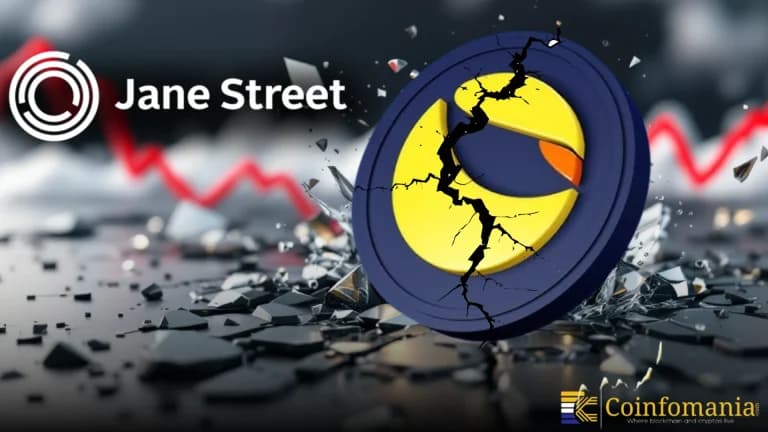IBM Unveils Quantum Nighthawk Chip Pushing the Limits of Crypto Security
Is crypto security ready for IBM’s new Quantum Nighthawk chip, a leap toward 15,000 two-qubit gates by 2028?

Quick Take
Summary is AI generated, newsroom reviewed.
IBM’s Quantum Nighthawk chip processes around 5,000 two-qubit gates, targeting 15,000 by 2028.
Experts warn of rising challenges to quantum crypto security as computing power scales.
RSA-2048 encryption remains safe for now but could face future quantum threats.
The crypto industry must accelerate adoption of quantum-resistant cryptography to stay secure.
IBM has once again pushed the boundaries of computing innovation with the announcement of its Quantum Nighthawk chip, a next-generation processor engineered for the future of quantum computing. The processor reportedly has the capability to conduct nearly 5,000 two-qubit gates, which is a more than tenfold increase in capability over previous generations with the ambition of having approximately 15,000 two-qubit gates by 2028.
This leap in technology has fueled yet another cycle of discussion and dialogue in technology and finance conversations. Yet the biggest promise is not really about computing performance; it is really about security against quantum cryptographic capability. Experts are warning that as quantum computers continue to mature and produce more capability, they may become increasingly threatening to existing encryption protocols that are used to protect everything from electronic payments to block chain transactions.
The Nighthawk processor is a testament to IBM’s ambitions to become a market innovator in the race to the quantum computing development. Still, it raises a staggering discussion about security and data protections in the world where quantum systems may decrypt our current concerns with data breaches in seconds.
🚨BREAKING: IBM unveils its most ADVANCED quantum chip that could affect #crypto security.
— Coin Bureau (@coinbureau) November 12, 2025
IBM Quantum Nighthawk runs ~5,000 two-qubit gates now and targets ~15,000 by 2028.
Experts note, however, that cracking RSA-2048 crypto encryption would require nearly a million qubits. pic.twitter.com/rOQJsArYXj
Quantum Power vs. Encryption Standards
Quantum computing operates on qubits, which unlike traditional bits, can exist in multiple states simultaneously. This capability allows exponential increases in computational power, making tasks that take years for classical computers achievable in minutes.
However, this same strength poses a threat to current encryption algorithms. The widely used RSA-2048 encryption, which safeguards most online financial and crypto transactions, would theoretically require nearly one million qubits to break. While IBM’s Nighthawk is still far from that level, the pace of progress has raised eyebrows in cybersecurity and crypto communities alike.
For now, quantum crypto security experts agree that such threats remain theoretical, but the timeline may be shrinking. As chips like the IBM Quantum Nighthawk evolve, encryption protocols will need to evolve faster to keep up.
The Race Toward Quantum Advantage
IBM has released a roadmap with an ambitious plan to scale up quantum systems to contain tens of thousands of qubits by the end of the decade. Significantly reducing error rates and enhancing qubit coherence times. The Quantum Nighthawk chip is an important step in this journey. This is a necessary threshold to go from theoretical benefits to real-world quantum advantage.
This breakthrough in quantum computing raises the competitive stakes for tech giants but the depth of the implications extend well beyond them to the governmental and industry sectors which have significant reliance on secure communication networks. The implications of scalable quantum power impact everything from defense systems to decentralized finance.
Conclusion
The future of crypto security will closely follow how quickly the blockchain ecosystem adapts to developments in quantum technology. The industry will need to invest in quantum-safe encryption, pivot network protocols towards the quantum era, and advance our understanding and mitigation of quantum vulnerabilities through institutional parternships with IBM and others.
IBM’s progress in quantum computing should not be considered a threat at this moment – it is a warning. The quantum domination era is rapidly approaching sooner than anticipated, and it is time to develop defenses against it.
Follow us on Google News
Get the latest crypto insights and updates.


